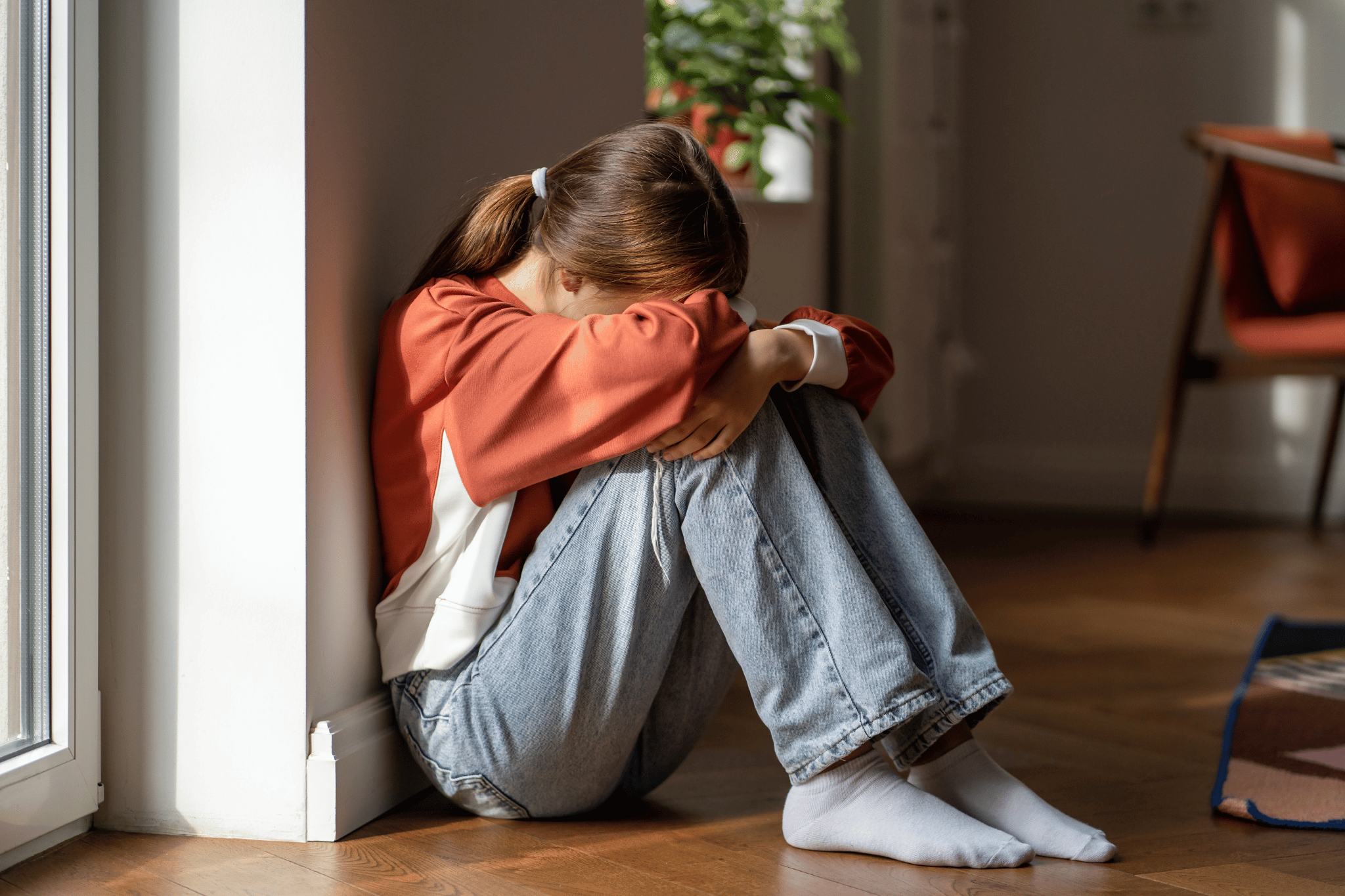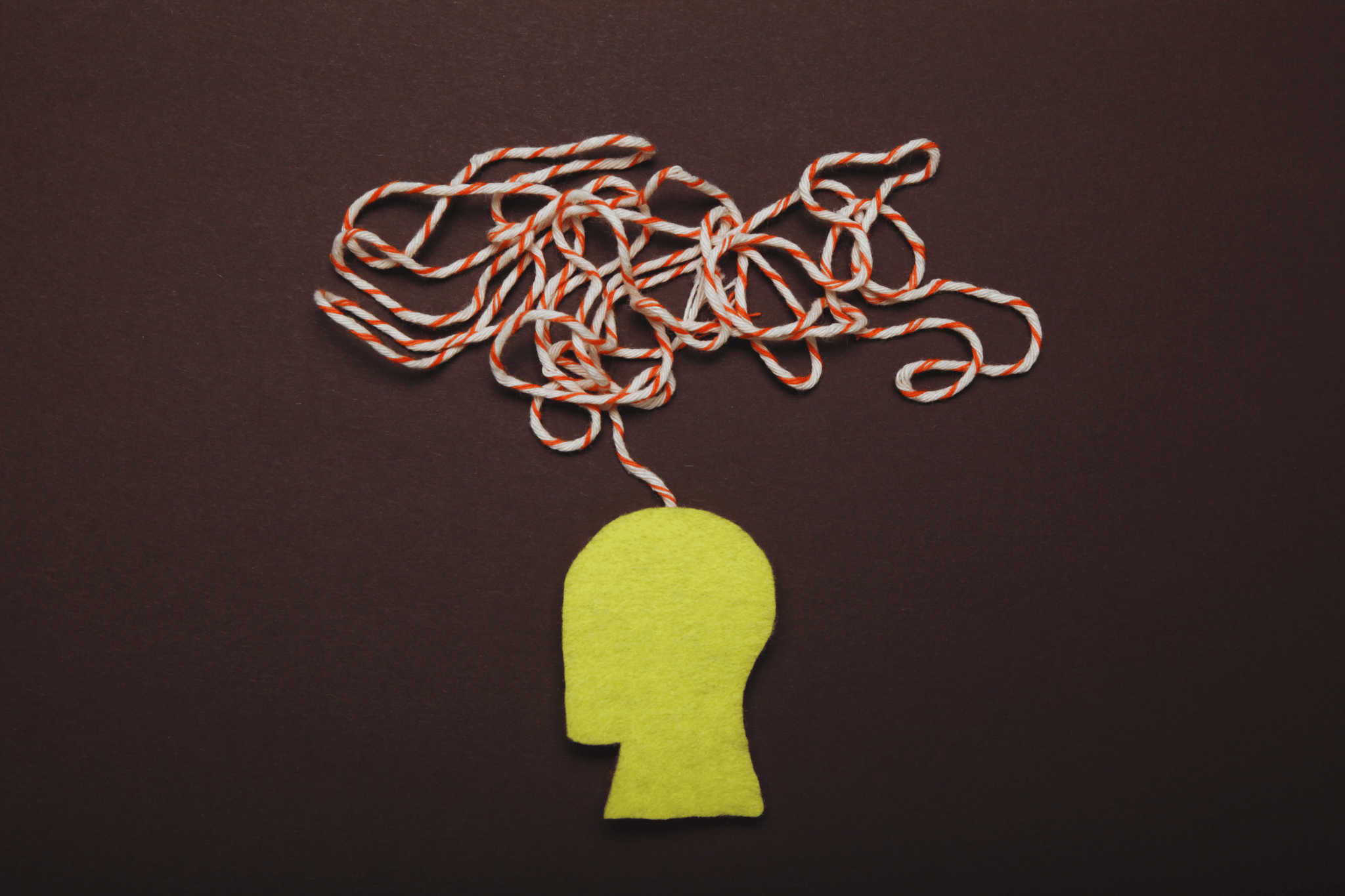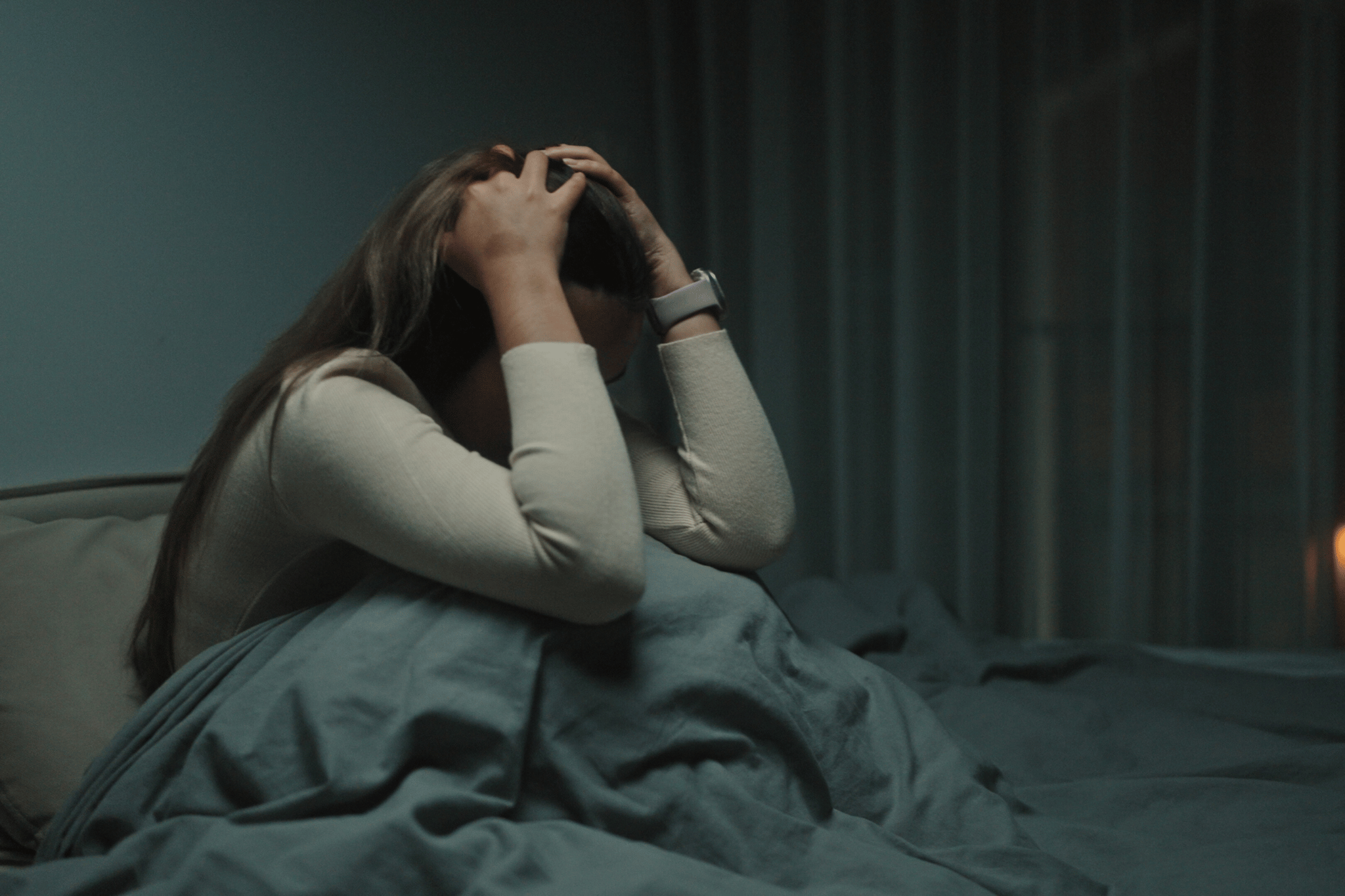Find Healing at Our Anxiety and Depression Rehab Center
Struggling with anxiety and depression can affect every part of a patient’s life—from mood and behavior to relationships, sleep, and physical health. At our anxiety and depression rehab center in Orange County, we provide structured, evidence-based treatment programs for adolescents. Whether your teen is facing seasonal affective disorder, dysthymia, or co-occurring conditions like substance abuse or bipolar disorder, our team is here to help.
We offer individualized depression treatment programs supported by licensed health professionals. Each program is built to support teens through assessment, therapy, peer support, and education—giving them the tools they need to regain energy, emotion regulation, and confidence.
Specialized Depression Care
Depression can lead to sadness, fatigue, changes in appetite, weight loss, and suicidal ideation. Some teens may experience postpartum depression, dysthymia, or symptoms linked to substance use and alcohol. Others may show signs of irritability, insomnia, or isolation. Our rehab for depression addresses each teen’s needs with care and understanding.
Our inpatient depression treatment and outpatient program options are designed for both acute symptoms and long-term management of depression. With the guidance of physicians, therapists, and nurses, we help teens stabilize their symptoms and build healthy coping strategies that last.

Depression Care at a Glance
Our anxiety and depression treatment center offers a full range of services, including:
Medical and psychiatric assessments
Individual and group therapies
Medication evaluation and management
Inpatient and outpatient treatment programs
Suicide prevention and relapse education
Family education and support sessions
Our goal is to improve mood, behavior, and daily functioning while reducing the risk of relapse. Each patient receives a plan suited to their unique mental health history, medical history, and lifestyle.
Evidence-Based Care
Our depression rehab center follows clinical guidelines developed by trusted health care authorities like the World Health Organization and the National Institute for Health and Care Excellence. We use therapies that focus on improving mental wellness and everyday life skills.
Evidence-based therapies include:
Cognitive Behavioral Therapy (CBT): To help patients reframe negative thoughts and develop emotion regulation skills
Dialectical Behavior Therapy (DBT): For teens who struggle with intense feelings or self-harming behavior
Art Therapy and Mindfulness: To improve self-expression and reduce stress
Exercise and Healthy Diet Education: To boost serotonin, improve mood, and support physical fitness
Peer Support Groups: To reduce shame and increase motivation
These treatment programs give teens structure, guidance, and hope.

Assessment
Each patient starts with a full assessment. We review symptoms, substance use history, medication, medical history, family concerns, and academic issues. This helps our team create a detailed depression treatment plan.
This assessment is the first step in understanding the patient’s condition, whether it involves major depression, schizophrenia, anxiety, or a combination of issues.
Group Therapy
Group therapy builds social skills, peer connection, and communication. These sessions are guided by licensed therapists who help teens process feelings of fear, grief, anger, and shame. Topics may include:
Coping with stress and sadness
Developing daily routines
Building self-esteem
Managing triggers
Sharing healthy ways to respond to negative thoughts or substance cravings
Group settings help teens realize they’re not alone. These sessions encourage honesty, insight, and shared progress.
Medication Consultation
Some teens may benefit from medications such as fluoxetine, duloxetine, or other selective serotonin reuptake inhibitors (SSRIs). Our physicians and nurse practitioners assess each patient’s symptoms and medication needs, monitoring for side effects, mood changes, and overall health.
We also provide consultations about newer treatments like esketamine and explore whether options like electroconvulsive therapy are appropriate for severe cases. Medications are used carefully and always in combination with therapy and family support.
Support and Education
We believe that informed families create stronger support systems. That’s why we include education on the brain, behavior, substance abuse, and depression in our treatment programs. Families learn how to:
Identify signs of relapse or suicidal ideation
Encourage coping skills and self-care routines
Communicate effectively without judgment
Understand how addiction and mood disorders impact behavior
Support sessions include information about insurance, community programs, the 988 crisis line, and lifestyle resources for long-term wellness.
Consultation Services
We coordinate with outside physicians, school counselors, and therapists to ensure continuity of care. Whether a teen is transitioning from another facility or needs academic support, we provide detailed treatment updates and help create a plan for success at home, school, or in outpatient care.
Our programs are accredited and follow best practices recognized by the Joint Commission and other mental health regulatory bodies.

Types of Anxiety and Their Symptoms
Anxiety symptoms can vary depending on the type of condition. Our anxiety depression rehab center treats multiple forms of anxiety, including:
Generalized Anxiety Disorder (GAD):
Constant worry
Muscle tension
Irritation and sleep issues
Social Anxiety:
Avoidance of social events
Fear of embarrassment
Negative self-talk and sadness
Panic Disorder:
Sudden fear, racing heart, dizziness
Feelings of loss of control
Fear of being apart from caregivers
School refusal or physical complaints
Understanding the type of anxiety a patient is experiencing helps our team tailor treatment and medication decisions.
When Should You Seek Treatment for Anxiety & Depression?
You should seek help from a depression treatment center if your teen shows:
Changes in sleep, diet, or energy
Frequent sadness or crying
Anger or emotional outbursts
Isolation from friends and family
Suicidal ideation or self-harm
Substance use or addiction
Poor focus or dropping grades
Early intervention from a licensed treatment center reduces the risk of long-term health problems and gives teens a better chance at recovery.
Resources for Patients & Families
We provide access to:
Community support networks
Health insurance navigation
Lifestyle resources (yoga, dietitian guidance, meditation classes)
School coordination and academic advocacy
Peer-led support groups
Our goal is to help patients transition from inpatient depression treatment to outpatient support and independent coping.
Navigating Your Care
Our admissions team helps families navigate the steps of entering treatment. We assist with verifying health insurance, choosing between inpatient and outpatient care, and creating a personalized treatment plan. Whether you’re looking for short-term stabilization or long-term care, our anxiety and depression treatment centers offer clear options.
We also help families understand insurance coverage, treatment duration, and aftercare planning—so there are no surprises during the rehab process.
Information and Support
Throughout the program, patients and families receive regular updates and opportunities to meet with clinicians. We encourage questions and offer guidance based on real-time feedback, progress, and clinical observation.
Understanding the science behind therapies, medication effects, and emotional recovery gives both teens and parents the confidence to continue healing outside of the treatment center.
Therapies Used in Depression Treatment
We use a wide range of therapies in our rehabilitation for anxiety and depression:
CBT and DBT to regulate emotion and improve daily thinking
Meditation and Yoga to reduce stress and increase brain-body connection
Art Therapy for expressing grief, emotion, and trauma
Exercise and Nutrition Plans to improve serotonin and norepinephrine levels naturally
Peer Support Groups for long-term accountability and relapse prevention
These therapies help teens strengthen their minds, bodies, and coping skills—improving physical health, emotional well-being, and long-term outcomes.
If you’re searching for anxiety and depression treatment centers for teens, our Orange County rehab center is ready to help. We accept most health insurance plans and provide both inpatient and outpatient care. Call us today to learn more about how we can support your child’s mental health, safety, and recovery.
Healing begins with hope. Let’s take the first step together.









